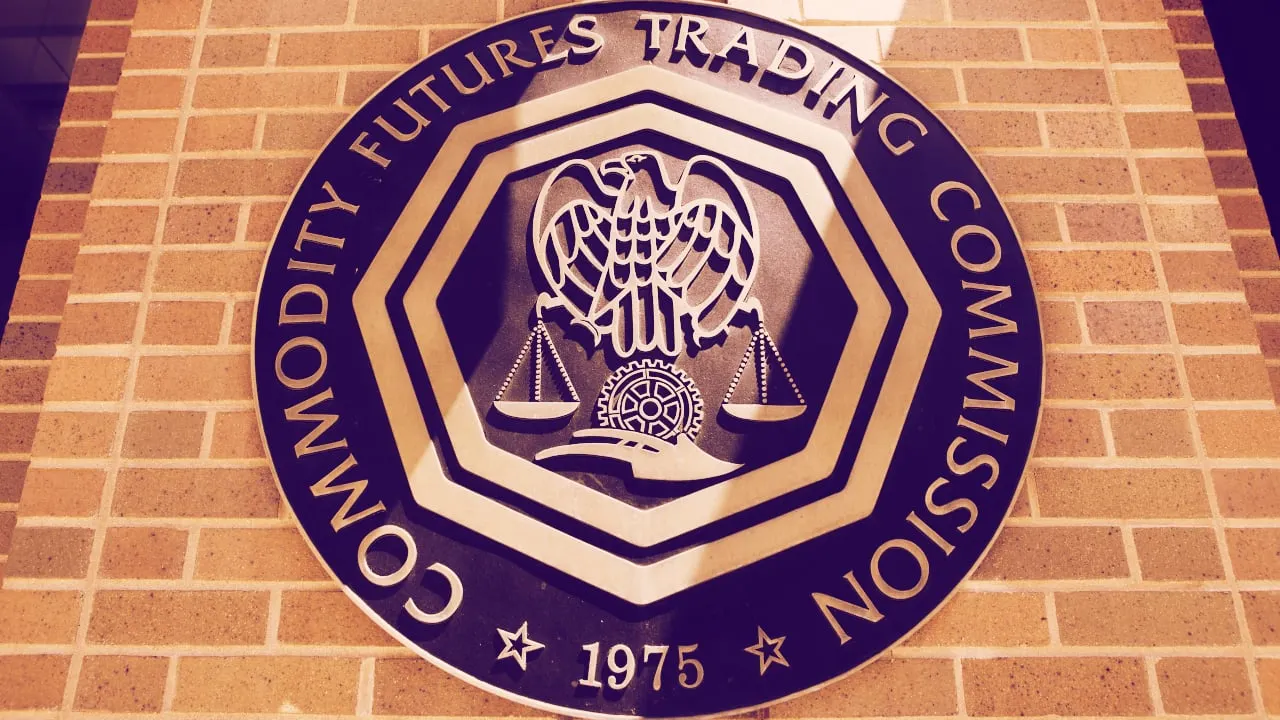Dan Berkovitz, the commissioner of the U.S. Commodity Futures Trading Commission (CTFC), has come out against derivatives markets in DeFi.
The term DeFi is shorthand for decentralized finance, a collection of crypto-based services and products that mirror many of those on offer in traditional finance, albeit with far fewer intermediaries.
“Not only do I think that unlicensed DeFi markets for derivative instruments are a bad idea, I also do not see how they are legal under the Commodity Exchange Act (CEA),” Berkovitz said at a keynote address delivered yesterday.
The CEA governs the trading of commodity futures in the United States.
The CTFC commissioner came down hard on what he saw as a lack of protections within the DeFi space compared to the broader U.S. financial system, which he described as having the “most effective and efficient capital formation and risk management markets in the world.”
Berkovitz added that one of the key reasons behind the U.S. financial system’s success is the robust legal protections that investors enjoy when investing their money in American markets and, importantly, doing so through intermediaries.
The DeFi world, per Berkovitz, is the exact opposite of this.
Unlicensed DeFi markets
According to Berkovitz, there is a long list of problems the current DeFi system does not adequately address. “There is no intermediary to monitor markets for fraud and manipulation, prevent money laundering, safeguard deposited funds, ensure counterparty performance, or make customers whole when processes fail,” he said.
Berkovitz went on to say that DeFi is a “Hobbesian marketplace with each person looking out for themselves.”
“Hobbesian” refers to the work of Thomas Hobbes, a 17th-century political thinker who saw natural man as one driven by selfishness and extreme competition. The only way to build a society around such a being was through implementing a large centralizing overseer, which he explained in his most famous work Leviathan.
Many DeFi proponents would, in fact, agree with Berkovitz’s remarks. Long has the crypto enthusiast championed removing costly intermediaries to allow individuals to trade on a peer-to-peer basis.
Still, Berkovitz’s comments may not find support within the traditional world of finance. Hester Peirce, one of the five commissioners at the SEC, told the Financial Times that she was worried about U.S. regulators pushing to control the crypto markets.
“I am concerned that the initial reaction of a regulator is always to say ‘I want to grab hold of this and make it like the markets I already regulate,'” Peirce said, adding, “I am not sure that’s going to be great for innovation.”
Disclaimer
The views and opinions expressed by the author are for informational purposes only and do not constitute financial, investment, or other advice.

